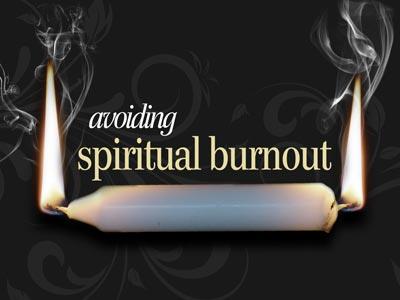-
The Problem Of Being Single Series
Contributed by Nche Takoh on Nov 28, 2017 (message contributor)
Summary: Singleness is not a sin, its a ministry
THE PROBLEM OF BEING SINGLE
Many young people their childhoods and teen years thinking, dreaming, and planning for marriage. They imagine who they will mary, what married life will be like, and how many kids they’ll have. And, for the vast majority of young people, maarriage is in their future.
The number of never - married men and women, however, is on the rise. “In the past 20 years”, writes Stephanie Brush,, “the percentage of never-married women between the ages of 20 and 44 has more than doubled, rising form 6 percent to 13 percent of the adult female population.”2 Clifford and Joyce Penner offer a profile of this growing demographic group:
There are those who see themselves as temporarily single. This is the under twenty-five age group who graduated from high school, went off to work or college, and expect that they will be raising a family of their own. Many in the twenty five-to thirty-five year age range are focusing on professional goals without great thought or emphasis on marriage. Then there are those singles who intended to marry, but never did.... The never -married group includes some who chose not to marry (even if they had the opportunity) or some who chose the celibate life to give their energy to the call of God.3
The growing number of never-married singles combined with adults who become single following a death or divorce is reaching sixtyfive million and climbing.4
While there is a slowly increasing acceptance and comfort with) singleness and single lifestyles in Western society, many young men and women still panic at the propect of single life. Singles Pastor Allen Hadidian writes of one women who moaned about her singleness, “I am getting so old! I can’t handle it! What am I going to do?” When he asked her how old she was, she responded, “Eighteen.”5
Such panic is not unusal among single men and women, even those who are still in their teens or early twenties. Teens and young adults long to experience intemacy, to belong to some one, and many fear that they will never experience such things. Some become impatient, particurly when they see friends becoming engaged and getting married. A few become morose, convinced they will never be truly and deeply loved; others, while more willing to accept singleness, whether temporary or permanent, come to view their situation as second-best and themselves as second-class.
THE CAUSES OF SINGLENESS
- Circumstances
Many young men and women are single due to circumstances. They may be pursuing an education or a career that leaves them little time to develop relationships. They may be shy; their family responsibilities (parents or children, for example) may make it difficult to meet new people. They may nothave met “the right person” yet. One single women wrote, “I have lived in a single state for so long, I think, because I value the institution of marriage so much. And I’ve seen too many people treat it like some kind of dress reheared.”6
The anxiety and uncertainty that often suround the single person are sometimes due, according to Carolyn Koons, to a “lack of developmental information concerning singles and their lifestyles, combined with singles’ questions about their goals, needs, and identities.” Koons continues:
Some [singles] fear that singleness might be for a lifetime, leaning toward the fallacy that “the grass is always greener on the other side.” Singleness needs to be viewed more as a season of time. A season is unpredictable, without a specific length, and with various opportunities. And indeed this season, for some, may be for all of life.7
-CHOICE
Others are single by choice. They may have consciously determined to wait until after college to marry. They may feel perfectly comfortable living alone; they may like being free to take off for Thailand or France at a moment’s notice. Psychologist Dr. Angela Neal says, “People who have a true sense of themselves, who are self-assured and tend to know what’s important to them are ...........more likely to remain single.”8
On the other hand, clinical social worker Don Clarkson suggest that many people who choose the single life do so out of fear, such as a fear of commitment or dependency, or a fear of abandonment. “That’s not to say that single people aren’t happy,” he says, but “one of the larger issues in relationships is the fear of being dependent and being abandoned in the process.” It may be more comfortable for some people to keep those fears hidden and remain single, he says, than to risk exposing old wounds and dealing with deep-seated fears.9
The Effects of Singleness
It must be stressed here that singleness is not necessarily a problem, except for singles who wish to marry or who allow the reactions of others to make them feel second-rate. There are distinct advantages as well as disadvantages to singleness.

 Sermon Central
Sermon Central



